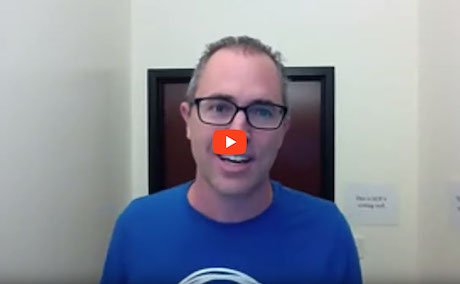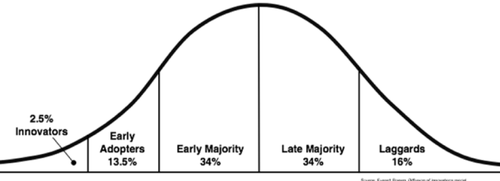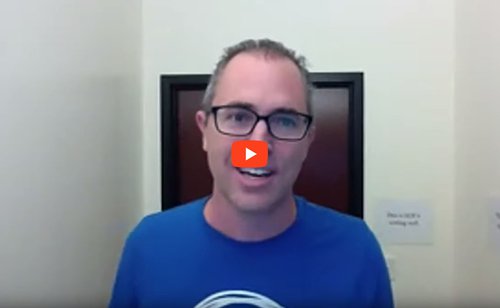
If you’re familiar with the open science movement, you may have also experienced the reality that the implementation of open practices hasn't been driven by a wide-scale adoption at the institutional or organizational level. But rather, the opposite—through grassroots campaigns led by individual, early adopters.
Culture change begins with the rejection of a status quo and the vision for what could be. But it’s carried out through commitment and is expedited by the coordination and mobilization of like-minded individuals. And over time, the paradigm is shifted.
Yet there’s often a triad of common obstacles facing individuals who are first starting out in building local momentum toward culture change: time and energy, resources, and relationships.
How do you balance your daily outputs with the energy expenditure required to shape an open science network? Where can you access materials for cultivating knowledge among your communities? How can you gain the support of stakeholders and institutions to build the trust needed to advance open practices in the communities you serve?
Fortunately, there are many grassroots networks worldwide that have navigated these obstacles and have the wisdom to share. For the benefit of those seeking to grow open science networks, we tapped into this wisdom through a conversation with leaders in community-led open science initiatives.
This conversation – conducted via a webinar called “Local Grassroots Networks Engaging Open Science in Their Communities” – highlights the formation and sustainability efforts of several grassroots networks successfully fostering culture change in their local research communities.
The webinar features insights from COS Executive Director Brian Nosek, Anita Eerland of the Open Science Community Utrecht, Marcus Munafò and Laura Fortunato of the UK Reproducibility Network, and Aleksandar Bogdanoski of the Berkeley Initiative for Transparency in the Social Sciences who collectively offer their experiences regarding:
If you’re interested in launching your own open science grassroots network, or are currently working to cultivate culture change in your research community, we highly encourage you to tune into this conversation.

Lastly, open science grassroots networks can unite to more efficiently influence the research world toward greater adoption of open and reproducible practices. And the first step in doing this is to communicate with one another across geographies and disciplines in order to exchange knowledge and learn collectively.
There are three initial ways networks can do this:
We hope that as you engage across these grassroots communities, you come away informed, connected, and inspired.

6218 Georgia Avenue NW, Suite #1, Unit 3189
Washington, DC 20011
Email: contact@cos.io

Unless otherwise noted, this site is licensed under a Creative Commons Attribution 4.0 International (CC BY 4.0) License.
Responsible stewards of your support
COS has earned top recognition from Charity Navigator and Candid (formerly GuideStar) for our financial transparency and accountability to our mission. COS and the OSF were also awarded SOC2 accreditation in 2023 after an independent assessment of our security and procedures by the American Institute of CPAs (AICPA).
We invite all of our sponsors, partners, and members of the community to learn more about how our organization operates, our impact, our financial performance, and our nonprofit status.